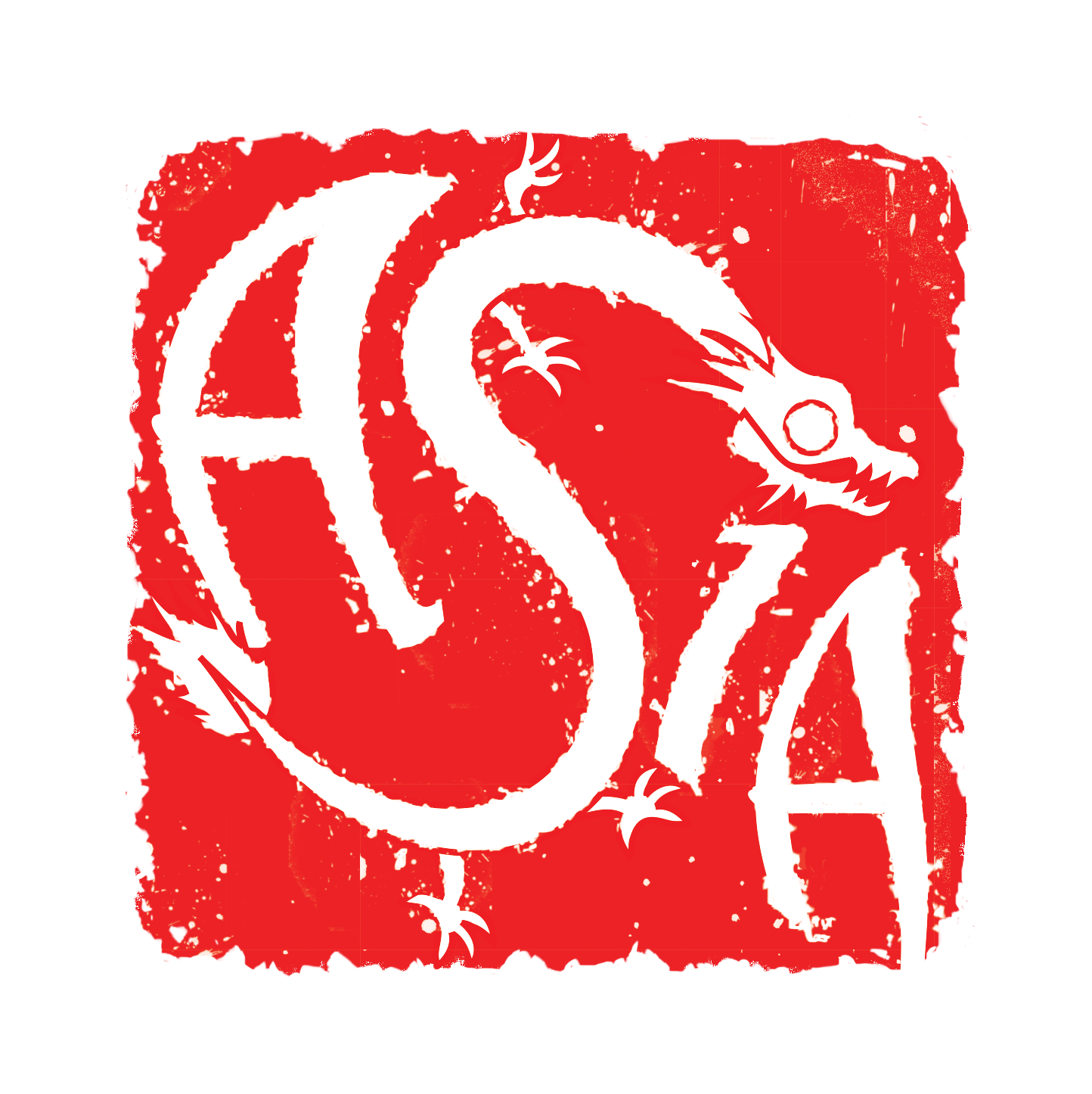The Midwest

The Asian American experiences in smaller Midwest towns often seem like a minor footnote or an afterthought, whereas their counterparts on the coasts are well documented and discussed. What are lives like for Asian Americans in the Midwest? How do these experiences differ from those on the coast? Does living in smaller and more culturally homogeneous communities bring distinct challenges or advantages to the Asian population? What does it mean and take to be an Asian American in the Midwest?
Jane Murakami – “Growing up and being as American as I am, that when someone reacts to me as a person of color… it’s mind blowing… I walked into a bar, and… I felt like Moses, the seas just parted. … Everybody’s just, you know, staring and watching me go past.”
Jane Murakami Transcription
Caroline Ticarro-Parker Transcription
Toui Mohlke Transcription
Ameeta Sony – “I spent maybe about two months in the West Coast of California area. And I noticed there are a lot of Asians there. So you’re not the minority necessarily… Whereas when you come here, it’s different; you stand out.”
